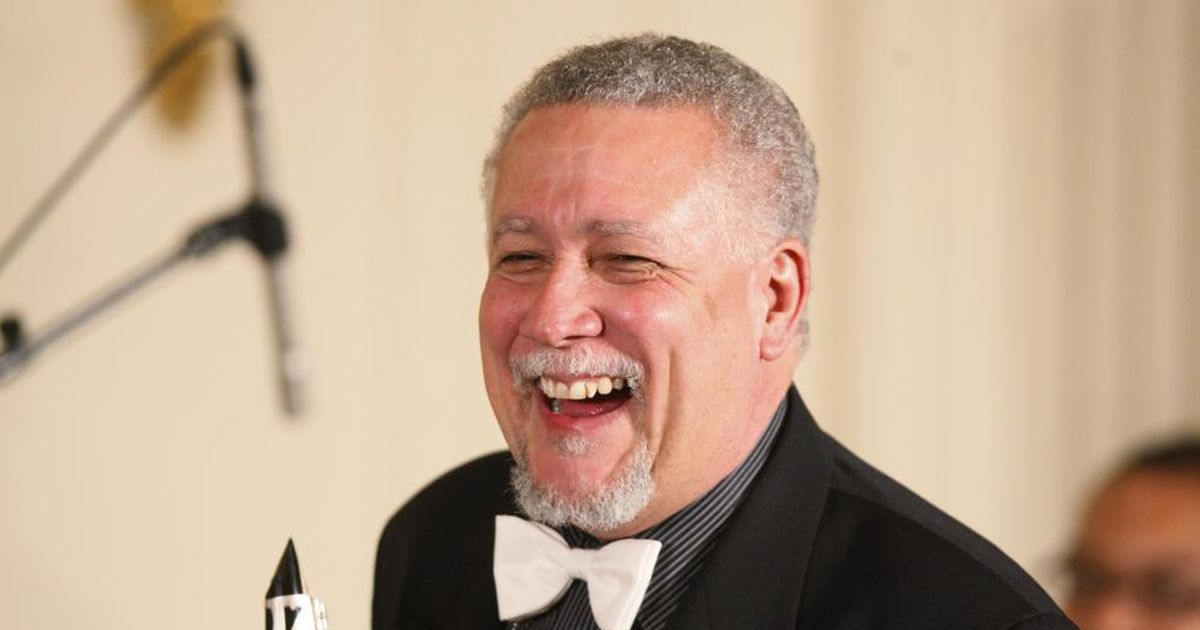The planned sale of the air conditioning division and thus the heat pump division of the Hessian flagship company Viessmann to Carrier Global from Florida is undoubtedly a heavy blow for Germany as a business location. Robert Habeck of the Greens, promoter of a dirigiste “heat pump-over-everything” policy, sees it positively.
The planned sale shows, according to the minister on Twitter, “that climate protection technologies are the technologies of the future, that German companies attract a lot of capital, are still efficient and that the market for heat pumps is so attractive that it attracts investments. German companies in particular have advanced the technology. Setting the course for the energy and heating transition creates great value and growth.”
“Victory message” when selling a traditional company
Such a “victory message” in the sale of a traditional company to foreign investors was probably not announced by Habeck’s predecessors. The Green politician tries to take credit for Viessman’s recent entrepreneurial successes and his politics. And not without reason.
After all, the traffic light government, not least because of pressure from the Greens, gave a strong boost to heat pump production in Germany even before the “heating hammer”. Viessmann alone increased its sales last year from 3.4 to 4 billion euros. The company is also planning to build a new large heat pump factory in Poland.
Big gains from green politics?
Not everything that says “victory” on it also has a “victory” in it. That is also known in the Habeck Ministry. Which is why, in a further communication, it points out how important it is “that the advantages of our energy policy and the profits that are generated with it continue to benefit Germany as a business location. We will pay attention to that.”
Then watch out, you want to call out to Habeck’s bureaucrats. Of course, the new owner will not shut down production in Germany. And of course the American investor will make sure that the good reputation that the 105-year-old company enjoys with customers and installers can continue to be used profitably.
Transfer of profits to the USA
Only: Part of the profits will flow to the USA, where else? In addition, Carrier Global will look even more intensively than the traditional German company for cost-effective production sites – outside of Germany. When Carrier Global excludes redundancies for three years and guarantees the maintenance of the most important production, research and development sites for five years, that sounds quite good. But the time in which the “advantages of our energy policy (…) will continue to benefit Germany as a location,” as Habeck enthuses, seems quite manageable.
12 billion deal for the family
The owner family will receive EUR 12 billion in the sale, 80 percent in cash and 20 percent in Carrier Global shares. Company boss Max Viessmann also moves to the company’s board. This is undoubtedly a very good deal. Because the run on heat pumps triggered by the federal government will be so big that it cannot be covered by the leading German manufacturers Viessmann, Vaillaint and Bosch. This will attract Asian suppliers, who, with much lower prices, will put a heavy burden on the German manufacturers.
All this is reminiscent of the photovoltaic boom two decades ago. By then, the German manufacturers had developed a technological lead and saw a great future ahead of them. But nothing came of it when Chinese suppliers in particular swept them off the market with significantly lower prices.
The competition is getting tougher for Viessmann
You don’t need a great deal of imagination to empathize with the Viessmann family. She knows that competition will be intensified, that profit margins will shrink because of new competitors, and that consequently the value of the company will tend to fall. So it’s worth cashing in now – with all the ties to Germany as a business location.
Of course, Viessmann also complained about the bureaucracy and the government’s eagerness to regulate. “The regulatory environment played an important role in our decision,” the company says. “But it wasn’t the deciding factor.”
Government can not do anything against the sale
Economics Minister Habeck has announced that he intends to examine the sale. That doesn’t go with the jubilant reports about the attractiveness of German technology for foreign investors. Why check when everything is so great? Apart from that, the Economics Minister will hardly declare the heat pump manufacturer to be an indispensable part of the critical infrastructure in order to be able to intervene here.
Habeck and the traffic light attract foreign competition with their one-sided focus on heat pumps. No one knows whether Bosch and Vaillant will one day come to a similarly negative assessment of the competitive situation as Viessmann is doing now. Seen in this way, the Viessmann sale is a defeat for Economics Minister Habeck and not a good sign for Germany as a business location.
Advantage for consumers: heat pumps are becoming cheaper
The defeat of the economics minister is also a victory for climate minister Habeck. The run by foreign suppliers on the German market for heat pumps comes at just the right time. The following applies here: the tougher the competition, the lower the prices – and the less the anger of the citizens about Habeck’s forced change to the heat pumps, which are very expensive together with all the conversion measures.
Nevertheless, the Viessmann case offers no reason for fanfares of victory. The sale of the company does not create great value or growth, as Habeck claims. His jubilation sounds hollow.

